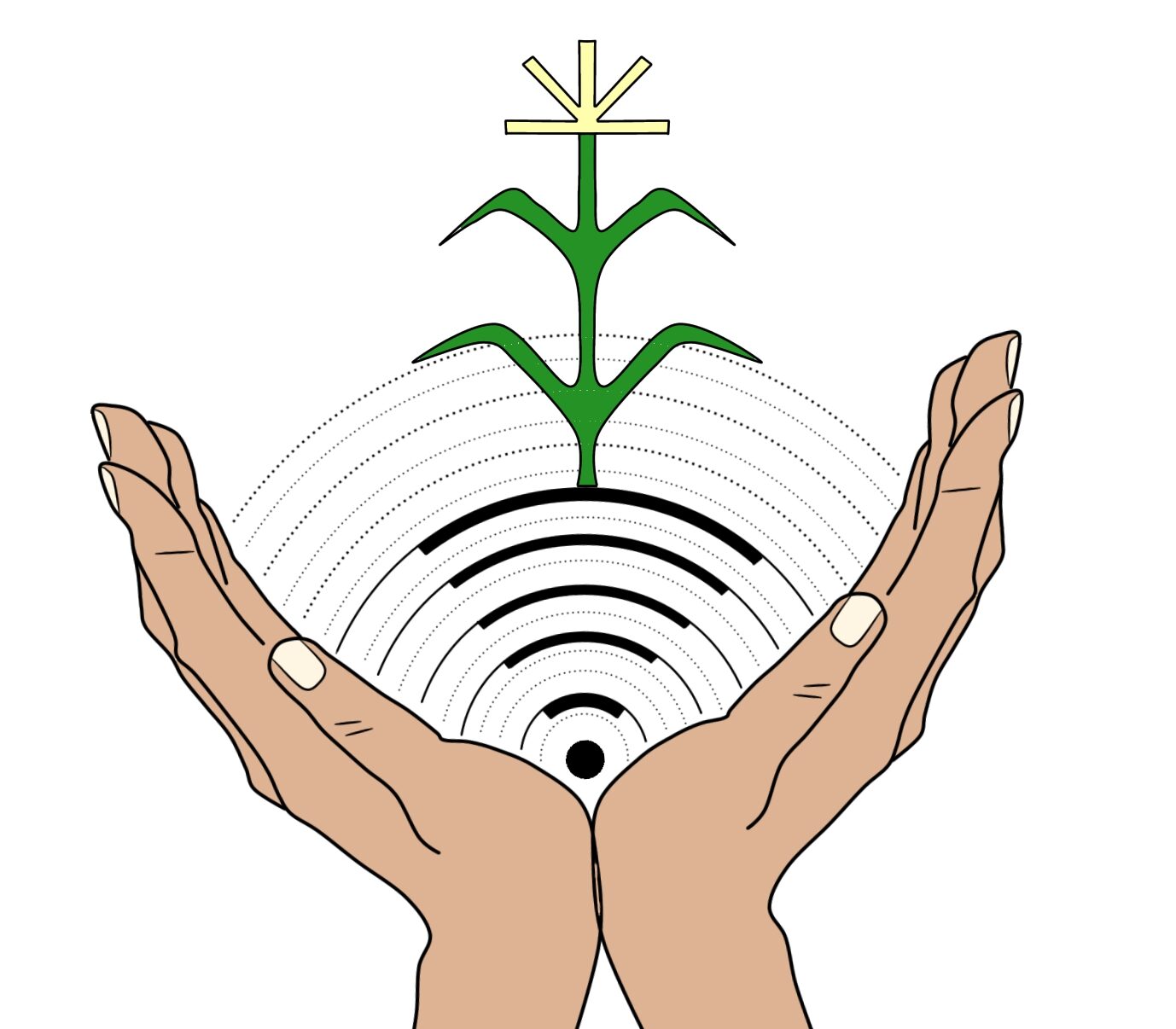Oklahoma Choctaw
I joined the Applied Indigenous Studies family at NAU in 2013 and specialize in the importance of sports and physical activity as a vehicle for empowerment, cultural identity, health and educational attainment for American Indian people. I also focus on American Indian health and wellness and American Indian education. I was appointed by the President of Northern Arizona University as the Faculty Athletics Representative in Fall 2015. In this role, I work with the athletic department to ensure institutional control and maintain academic integrity with student-athletes and faculty and support the overall well-being of student-athletes. I also serve on the National Collegiate Athletics Association (NCAA) Minority for Opportunity and Inclusion Committee, which ensures the importance of minority student-athlete voice, access and opportunity.
I have worked with and for Indigenous communities and students for the last 15 years and have dedicated my personal and professional life to enhancing the health and well-being of Indigenous communities. My scholarship addresses how Native American centered history encapsulates Indigenous knowledge, well-being, health and resilience. These methods facilitate community-engaged research while utilizing Indigenous values, culture and history. In particular, I examine how physical movement and sport within Native communities are instrumental for not only physical health, but also for educational opportunities. My work is directly tied to the Maxwell-Lutz project “Identifying Challenges and Opportunities for Designing Culturally Relevant Behavioral mHealth Interventions for Hopi Youth” which will use a grounded theory approach to identify common themes surrounding Hopi perspectives on the design of behavior mHealth apps. This aligns with my research trajectory, which aims to inspire, motivate and empower youth to matriculate into higher education to become strong, productive and self-sufficient and healthy members of their communities.
